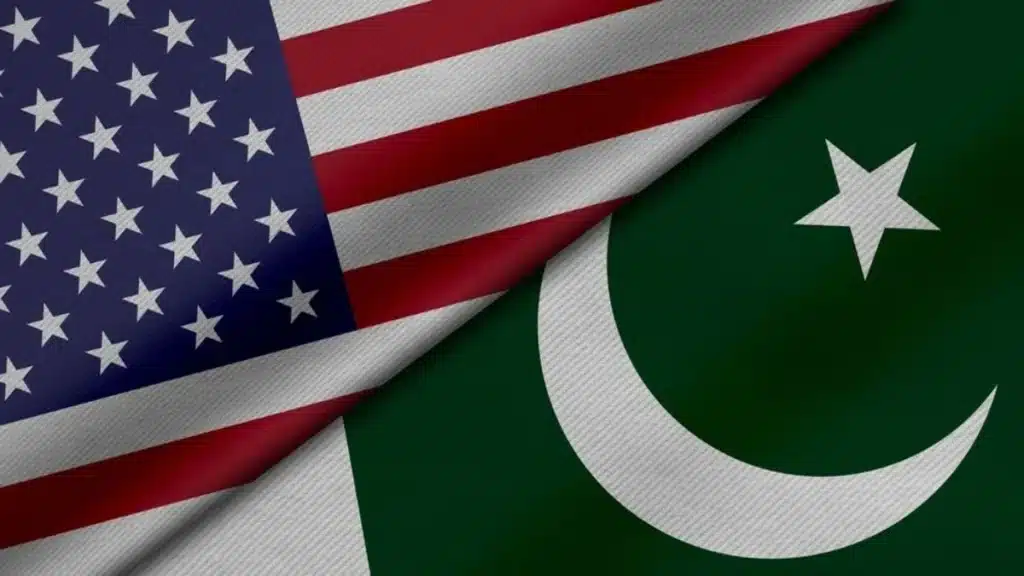WEBDESK: India has been ranked among the most dangerous countries in the latest Global Torture Index due to its worsening human rights record and rising incidents of torture and abuse. According to the report, growing violations against minorities, particularly Muslims, Kashmiris, and marginalised communities, have raised serious concerns at the international level.
Human rights organisations continue to highlight the systematic oppression faced by these groups under state authority, while global institutions have increased pressure on the Indian government to urgently review its policies and actions.
Global Torture Index Report: State-Sanctioned Abuse and Police Brutality
The World Organisation Against Torture (WOAT) report exposed widespread state-sponsored violence in India, pointing to routine incidents of police brutality, forced confessions, custodial deaths, and ill-treatment of underprivileged groups.
According to independent research, the Global Torture Index, which evaluates countries on seven key pillars including political will, police conduct, victims’ rights, and civil liberties — categorised India in the “high risk” group, alongside several Asian, African, and Latin American nations. In contrast, countries in Europe and North America remain in the “low risk” category due to stronger legal protections and judicial oversight.
Weaponisation of Laws Against Minorities
The report also criticised the misuse of draconian laws such as the Unlawful Activities (Prevention) Act (UAPA) by agencies like the National Investigation Agency (NIA) and CBI, often used to target protesters, activists, and minority groups. India’s National Human Rights Commission (NHRC) was similarly condemned for failing to effectively address these abuses.
Alarming figures show 2,739 custodial deaths recorded in 2024, up from around 2,400 the previous year. Overcrowded prisons, unofficial detention centres, and NHRC’s inability to protect basic rights were also highlighted.
Despite proposed legal reforms aimed at safeguarding detainees and preventing forced confessions, little progress has been made. The Supreme Court’s 2020 order to install CCTV cameras in police stations remains largely unimplemented, with over 2,700 stations still lacking surveillance.
Minorities and Marginalised Communities Most Affected
Extrajudicial killings and torture frequently occur during arrests, detentions, and transfers, disproportionately affecting Dalits, Adivasis, Muslims, labourers, and the homeless. Discriminatory policing, custodial beatings, and unlawful methods remain widespread.
The report cited high-profile cases, including the detention of human rights activists Khurram Parvez, GN Saibaba (a disabled professor held for 10 years), Soni Sori, and those involved in the Bhima Koregaon case, as evidence of how state violence is politically weaponised. Notably, Professor GN Saibaba died in custody.
The arbitrary arrests of activists under UAPA and branding of dissenters as terrorists drew sharp criticism in the report.
Persistent Anti-Muslim, Anti-Kashmiri Policies
The report accused the Modi government of pursuing anti-Muslim and anti-Kashmiri policies, with incidents of state violence in West Bengal’s border areas and the immunity granted to the Border Security Force (BSF) also under scrutiny.
India has yet to ratify the UN Convention Against Torture (UNCAT) and its optional protocol, weakening international oversight over its human rights record.
The report concluded that India’s inclusion in the dangerous countries category is a serious warning to the global community, exposing a grim picture of organised torture, impunity, and targeted repression of minorities and rights defenders.
Systematic human rights violations, misuse of laws, and extrajudicial killings have pushed India onto a dangerous path where the rule of law has weakened, and unchecked state power threatens the country’s democratic foundations.






